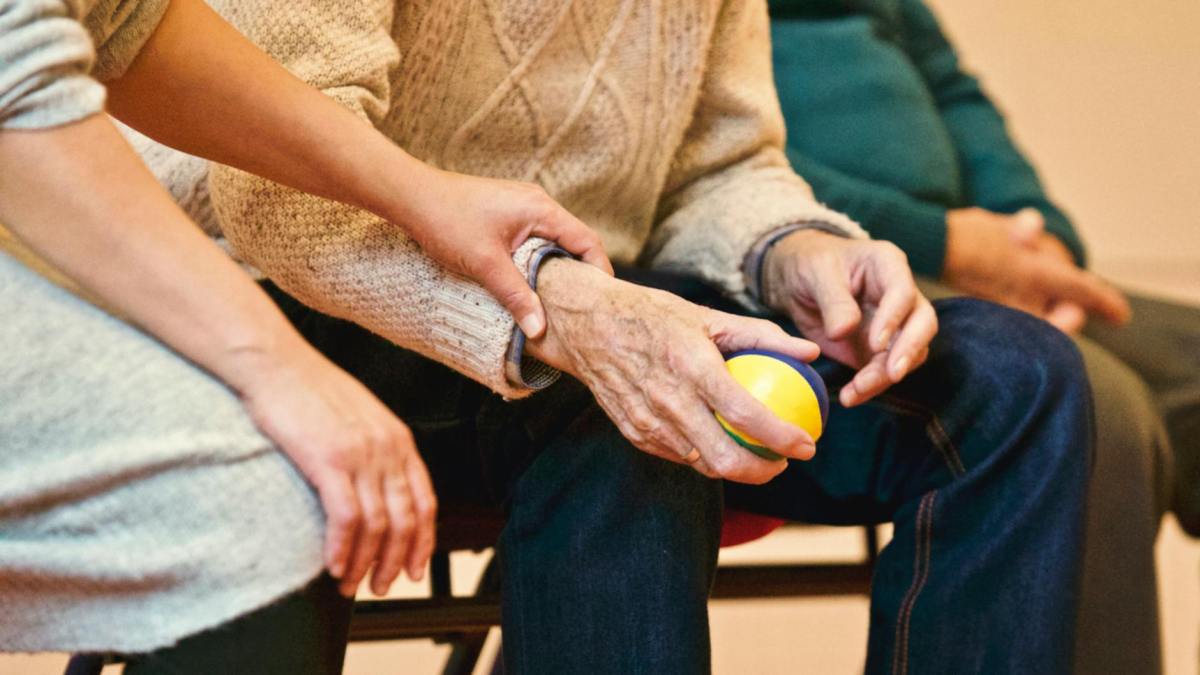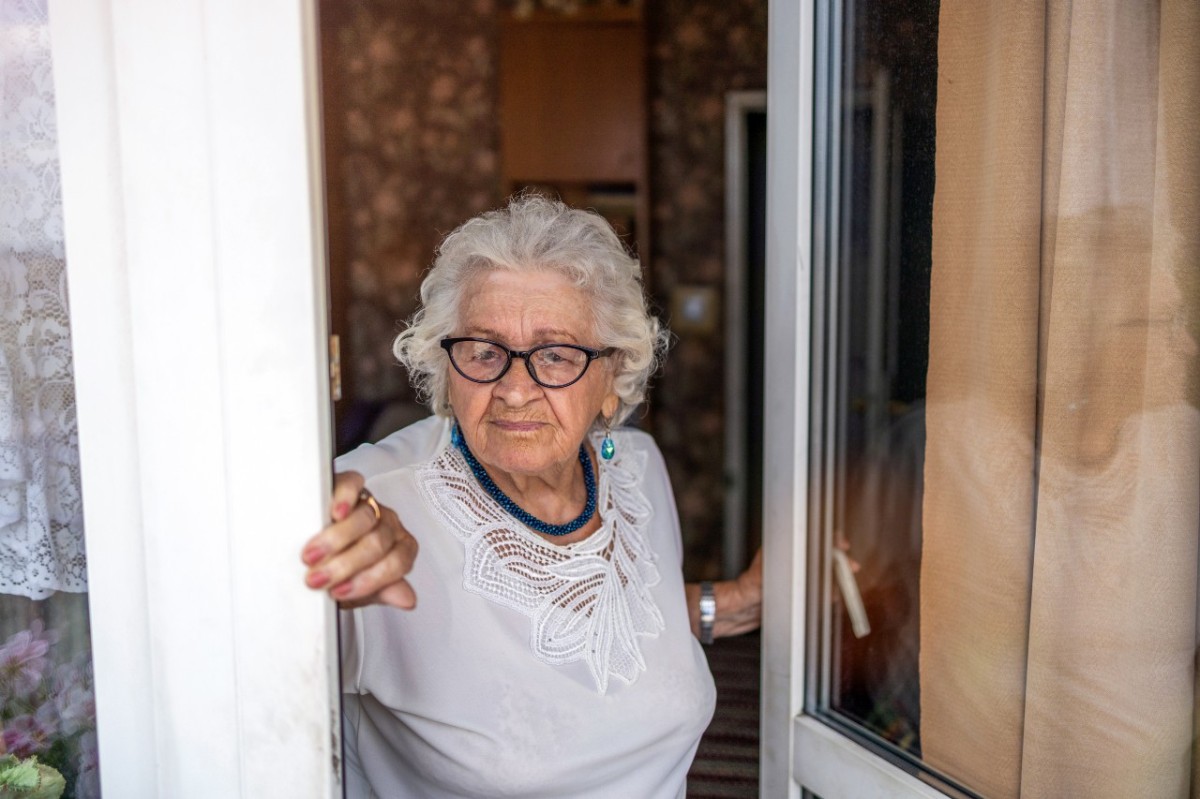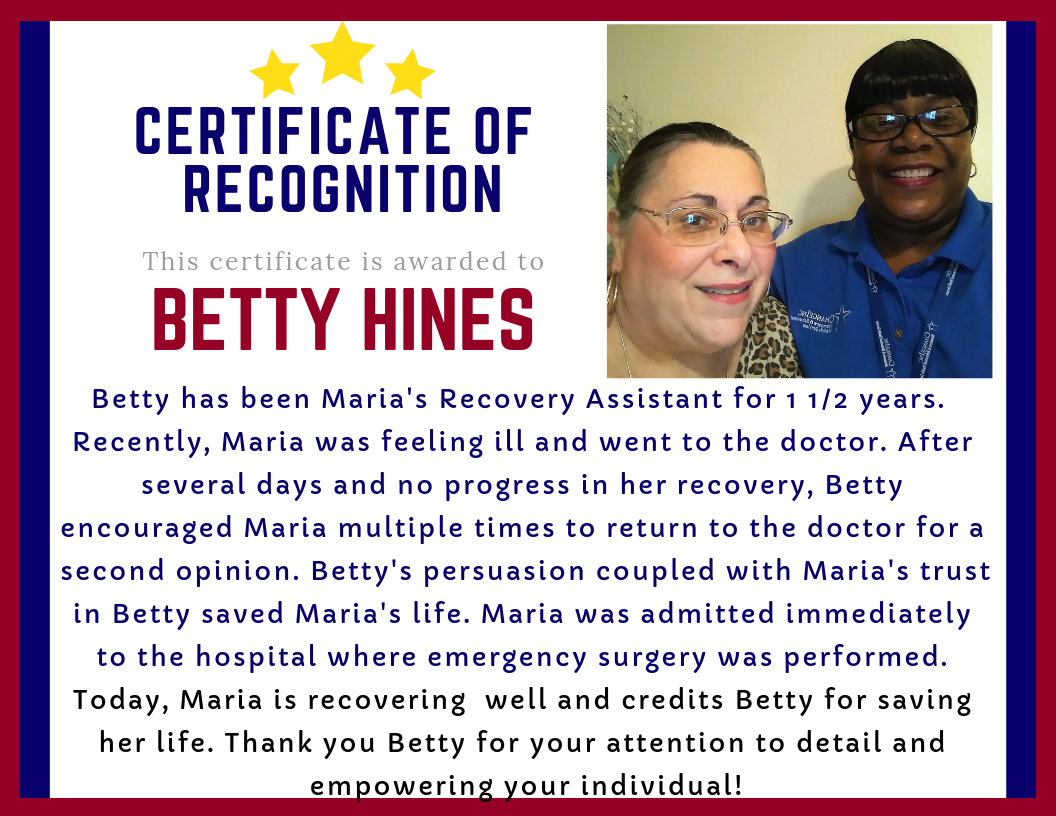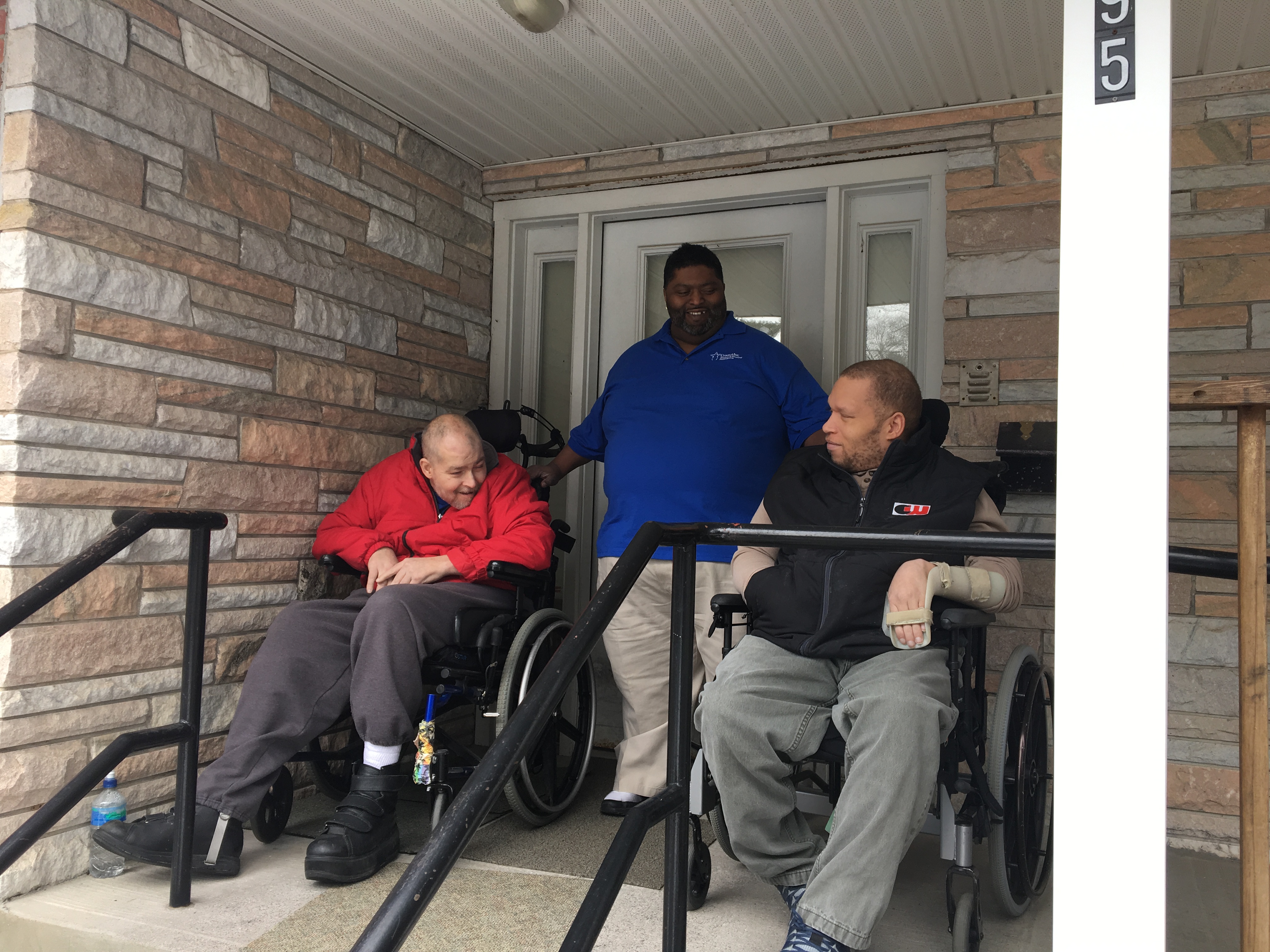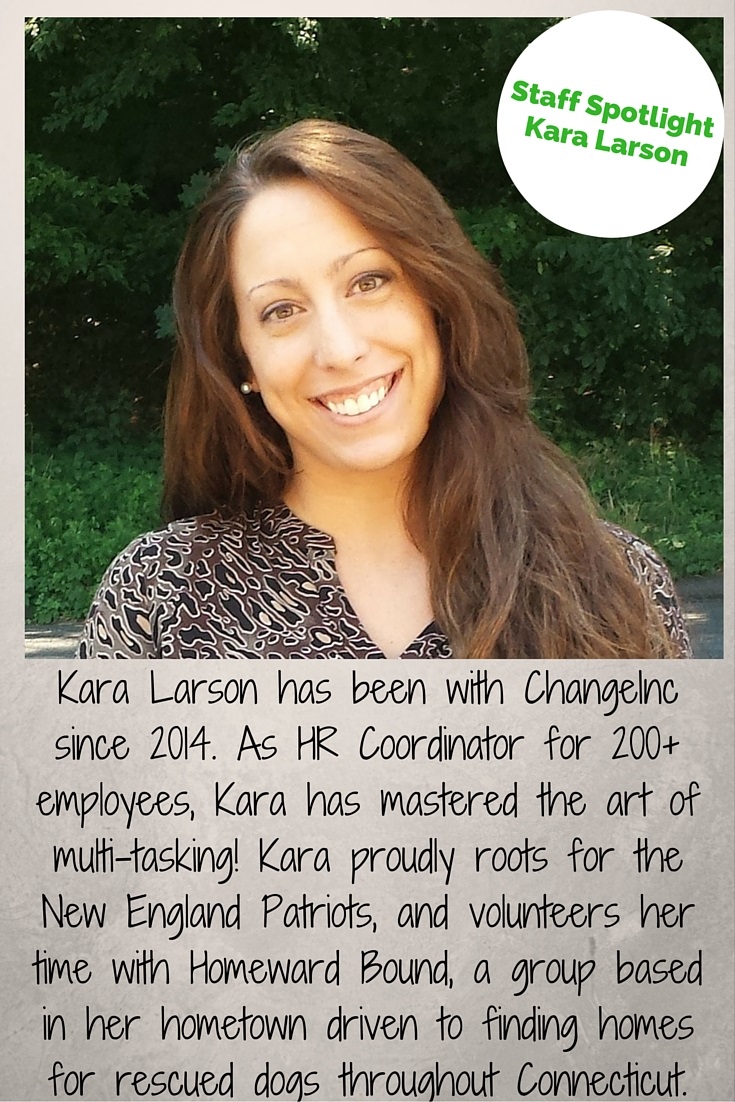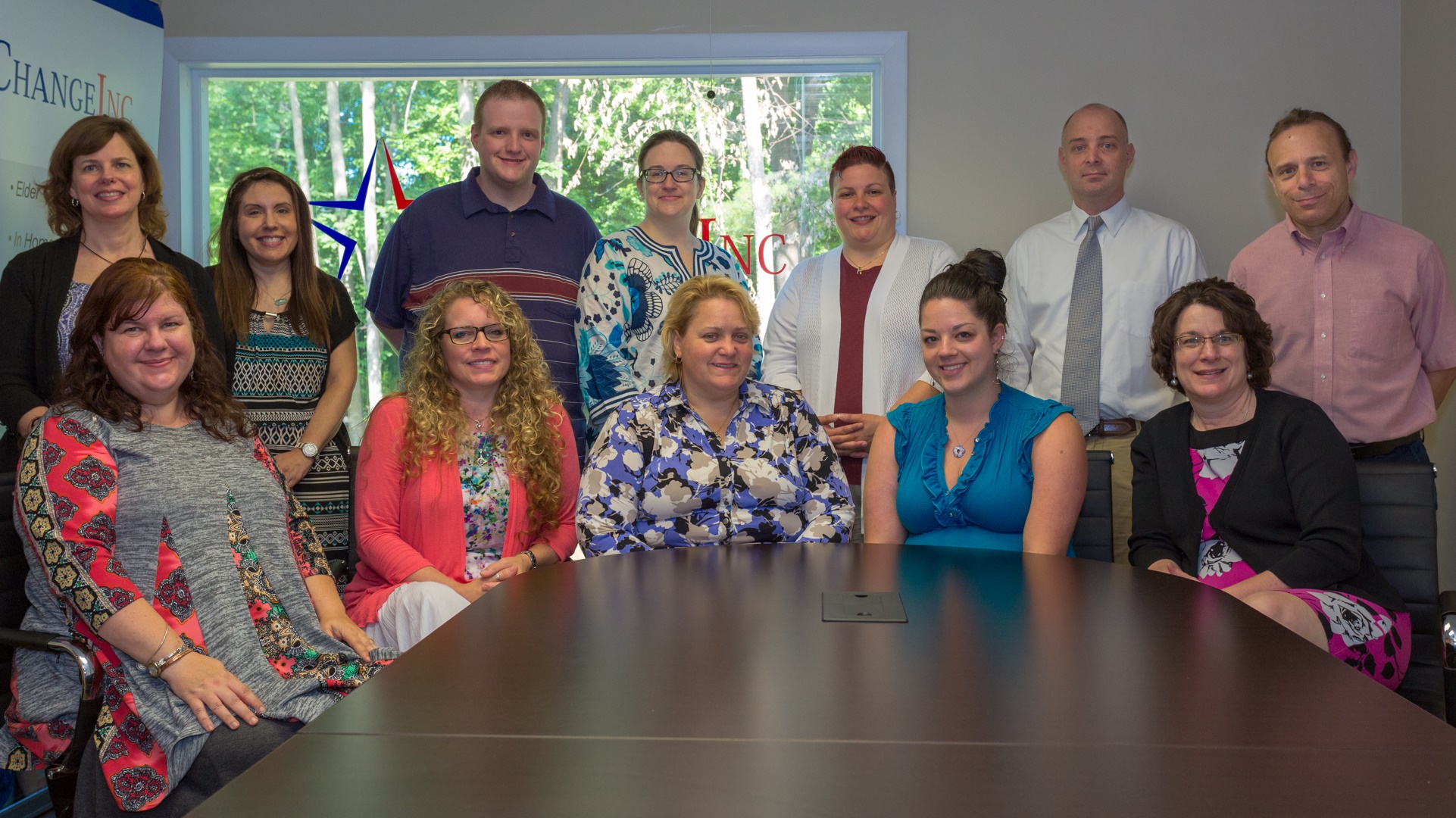Taking care of an elderly loved one with more than one health issue can be really difficult. At Change Inc., we understand how hard this can be, and we’re here to help you and your family every step of the way.
Understanding the Challenges
When your loved one has several health issues at once, like diabetes, heart problems, or arthritis, things can get pretty complicated. These health issues can affect each other, making it harder to handle each one.
Coordinated Care Approach
We make sure to coordinate or connect all the care your loved one needs. We work together with doctors, nurses, and therapists to make a care plan that’s just right for them. This plan takes care of all their health needs in one go.
Communication is Key
It’s really important that everyone involved talks well with each other. This means making sure that the health team, the patient, and the family all know what’s going on with treatments and health updates.
Practical Tips for Families
- Stay Informed: Learn as much as you can about your loved one’s health issues. Knowing more helps you take better care of them.
- Organize Medication: Use a pill organizer and reminders to keep track of all the different medicines. This helps make sure nothing is missed or taken twice.
- Regular Check-ups: Regular doctor visits are a must to keep an eye on health issues and to change treatments if needed.
- Home Safety: Make the home safer to move around in to lower the chance of falls.
- Support Systems: Look for local help like support groups, meal services, and programs that help make homes safer and more accessible.
Partner with Caregivers who Understand the Challenge
At Change Inc., we’re dedicated to making life better for elderly people with health challenges. Our team is ready to help you find the best way to care for your loved one so they can have a good life at home.
If you want to know more about how we can help or if you need specific advice, just give us a call today.


